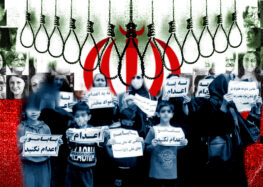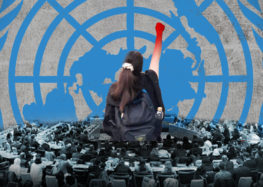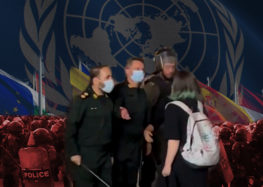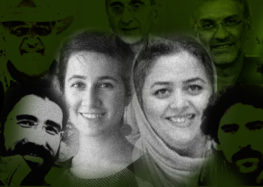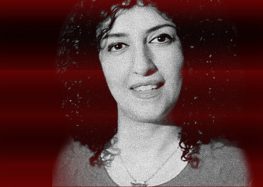Shirin Ebadi: Commission on Deaths in Prisons Won’t Address Judiciary’s Lack of Independence
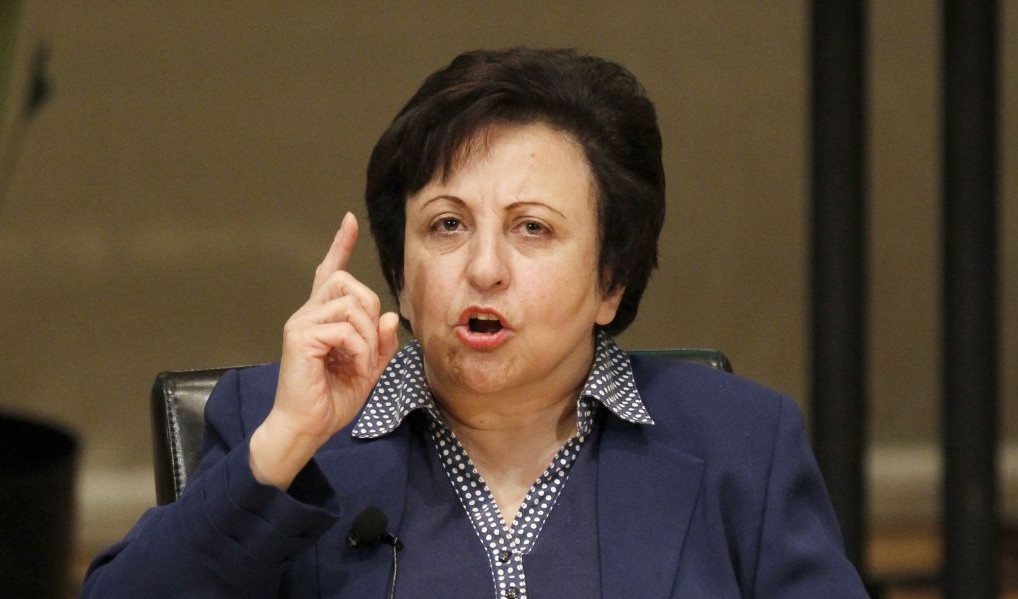
Nobel Peace Laureate Shirin Ebadi has expressed doubt that a commission created by President Hassan Rouhani would shed light on the recent death in state custody of Iranian-Canadian academic and environmentalist Kavous Seyed-Emami.
“I hope the commission will be successful,” Ebadi told the Center for Human Rights in Iran (CHRI) on February 24, 2018. “But the past trend has not been positive as other investigations about the deaths of Zahra Kazemi and others who were killed in prison did not get anywhere.”
“Whatever the outcome of this investigation, the Judiciary has demonstrated that it does not want to come out of the shadows of the security agencies and the Islamic Revolutionary Guard Corps in order to regain its independence,” she added.
In July 2003, Kazemi, an Iranian-Canadian photographer, also died while being held for interrogations in Evin Prison. Two reports produced by the state, one by a Presidential Commission set up by President Mohammad Khatami (1997-2005) and the other by a Parliamentary Commission, implicated Tehran Prosecutor Saeed Mortazavi in the murder of Kazemi.
The medical examiner also stated that Kazemi had died from a “blunt object hitting her head,” but no one was ever held legally responsible for her death.
On February 14, Rouhani assigned his misters of the interior, intelligence and justice and vice president for legal affairs to investigate “detention houses” in the country and “follow up on the particulars of this matter and present their conclusions, including any possible wrongdoings, to the president.”
Rouhani did not specifically mention the deaths of three detainees in state custody in early 2018: Seyed-Emami (February 2018, Evin Prison), Sina Ghanbari (January 2018, Evin Prison), Vahid Heydari (February 2018, Evin Prison).
After interrogating her for hours, an agent informed Seyed-Emami’s wife that her husband had died in his cell in Evin Prison on February 8, 2018, some two weeks after he was arrested on alleged espionage charges.
The authorities claimed Seyed-Emami, the managing director of the Persian Heritage Wildlife Foundation (PHWF), hanged himself in his cell bathroom, but he was buried without an independent autopsy and his family and their lawyers have called for an investigation.
CHRI has also called for an independent, UN-led investigation of Seyed-Emami’s case and the cases of the two other men who died within the same 40 days while in detention.
Ghanbari died in custody in Tehran under unknown circumstances on January 7, 2018, after being arrested at an anti-government protest. The authorities claimed he killed himself in Evin Prison.
Heydari died in detention at the 12th Police Station in Arak sometime between the end of December 2017 and the beginning of January 2018. His lawyer told CHRI that the authorities are trying to cover up the real reason for his death by claiming that the young man committed suicide.
President Rouhani’s commission has not made any announcements since it was formed.
Ebadi’s Advice to Families of Detainees: Speak Out
Ebadi, a former human rights lawyer in Iran and the president of the Center for the Defenders of Human Rights, encouraged the families of detainees held in politically motivated cases to refuse to submit to threats by security agents.
“When someone is arrested in Iran, the first thing the security and judicial officials do is threaten him with greater punishment if he talks and gives interviews,” she said. “Or they threaten his relatives not to inform the public. But the important point is that if the public stays in the dark, the prisoners’ condition would become much worse and much more dangerous.”
She continued: “My first word of advice to the families of the detainees and those who died in prison is to share as much information as possible. In a country where the Judiciary is incapable of implementing justice, we need the help of public opinion.”
“Next, you should pursue cases in the Judiciary even though you are certain it would not come to a conclusion,” she added. “You should follow up to the point that the Judiciary and other responsible authorities get tired of you. Third, contact UN human rights’ officials and keep them informed.”
Tehran Prosecutor Violated the Law
Speaking to CHRI from exile in London, Ebadi also condemned Tehran Prosecutor Abbas Jafari Dowlatabadi for illegally accusing Seyed-Emami of committing crimes before he was tried in a court of law.
“The law says that you cannot publish a person’s name until he has been put on trial and irrefutably proven to have committed crimes,” she said. “Therefore, the prosecutor himself must be pursued by the Judiciary for violating the law.”
Ebadi added: “This is just a small example that shows that the Judiciary is not autonomous. When politics get into the court, justice leaves the room, as they say. No one has had any hope in this Judiciary for many years.”
Human rights lawyers and activists have long pointed out the Iranian Judiciary’s subservience to security agencies.
Citizens are arrested for peaceful activities, detained without charge for extended periods, denied access to counsel, subjected to intimidation and coercion aimed at silencing the detainees or their families and obtaining false “confessions,” and tried in closed courts where evidentiary standards are far below international standards.

